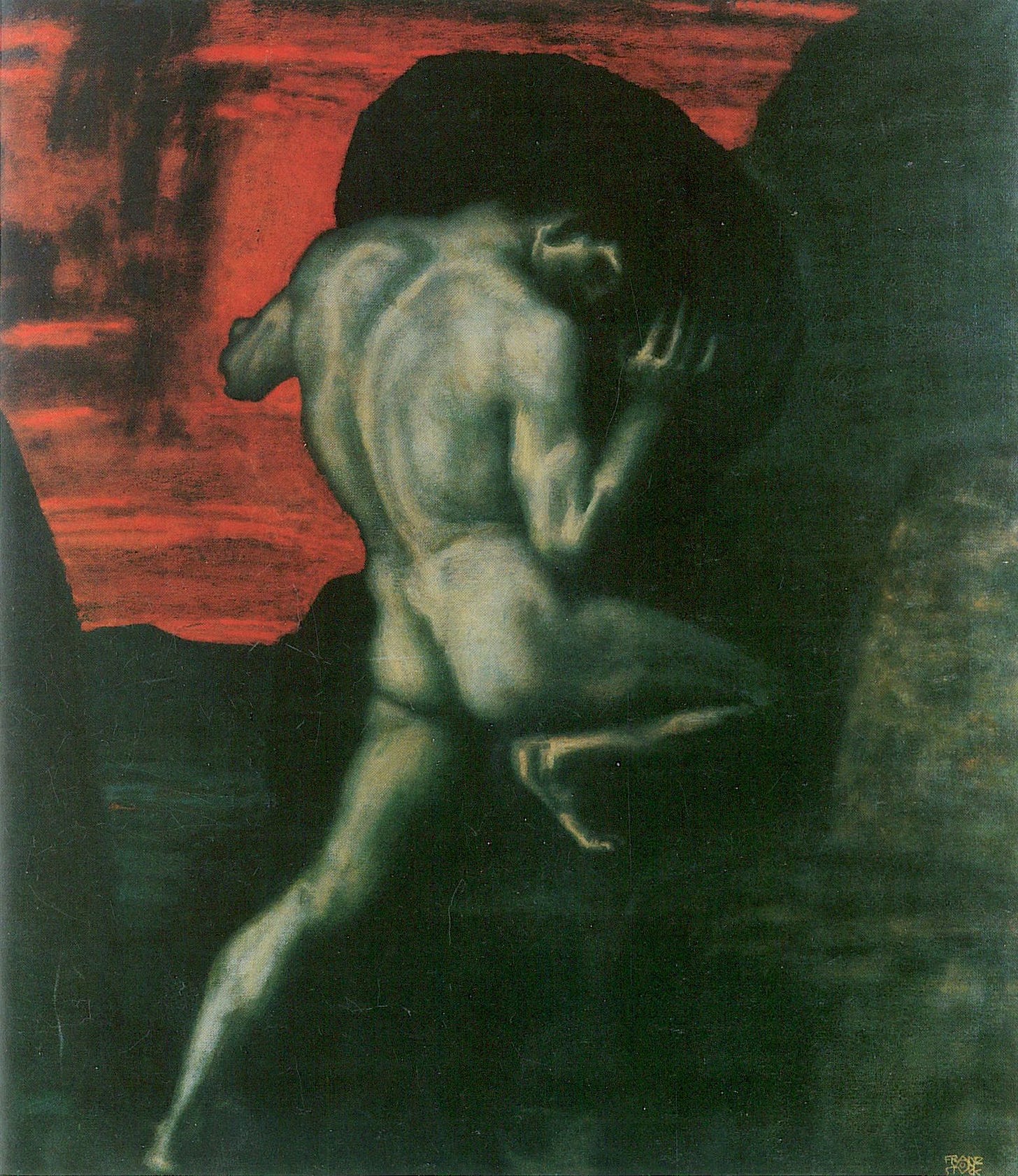Writing for An Eternal Public: On Substackophilia, Overcoming Self-Doubt, and Playing the Long Game as an Aspiring Author
The love for Substack is justified, but today's writers face insurmountable obstacles—some external and some self-imposed. So why try?

“He who writes to himself, writes to an eternal public.”
-Ralph Waldo Emerson
Greetings fellow wanderers,
“Why do I write?” is a perennial question for any writer. As I approach the first anniversary of Those Who Wander (July 7th) I’ve returned to that question and am reflecting on it a lot…
Keep reading with a 7-day free trial
Subscribe to Those Who Wander to keep reading this post and get 7 days of free access to the full post archives.


